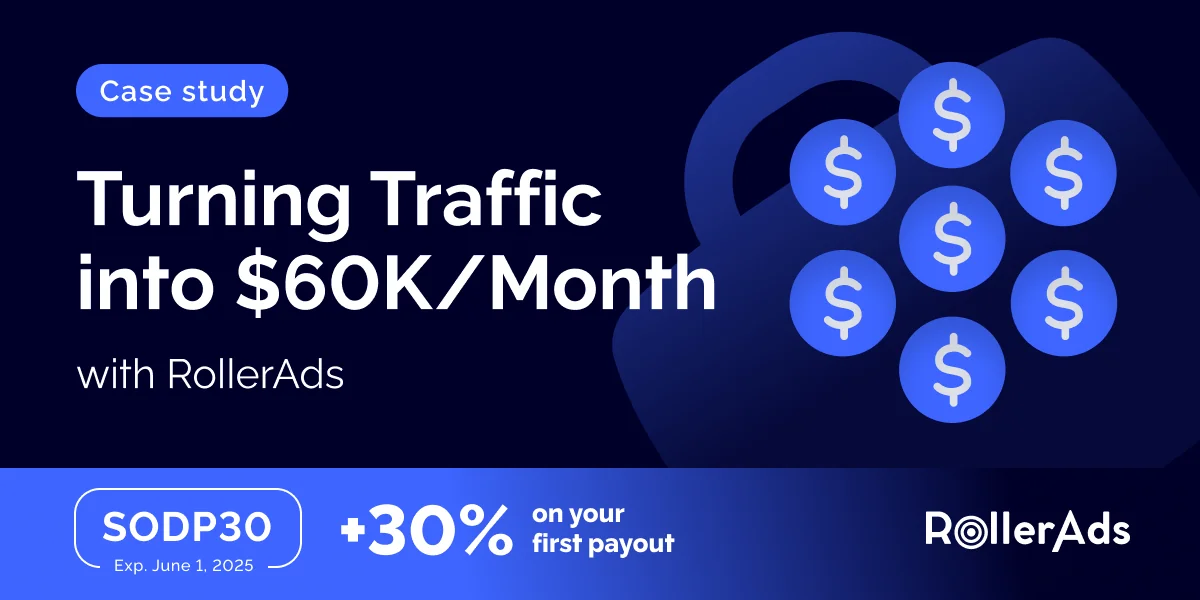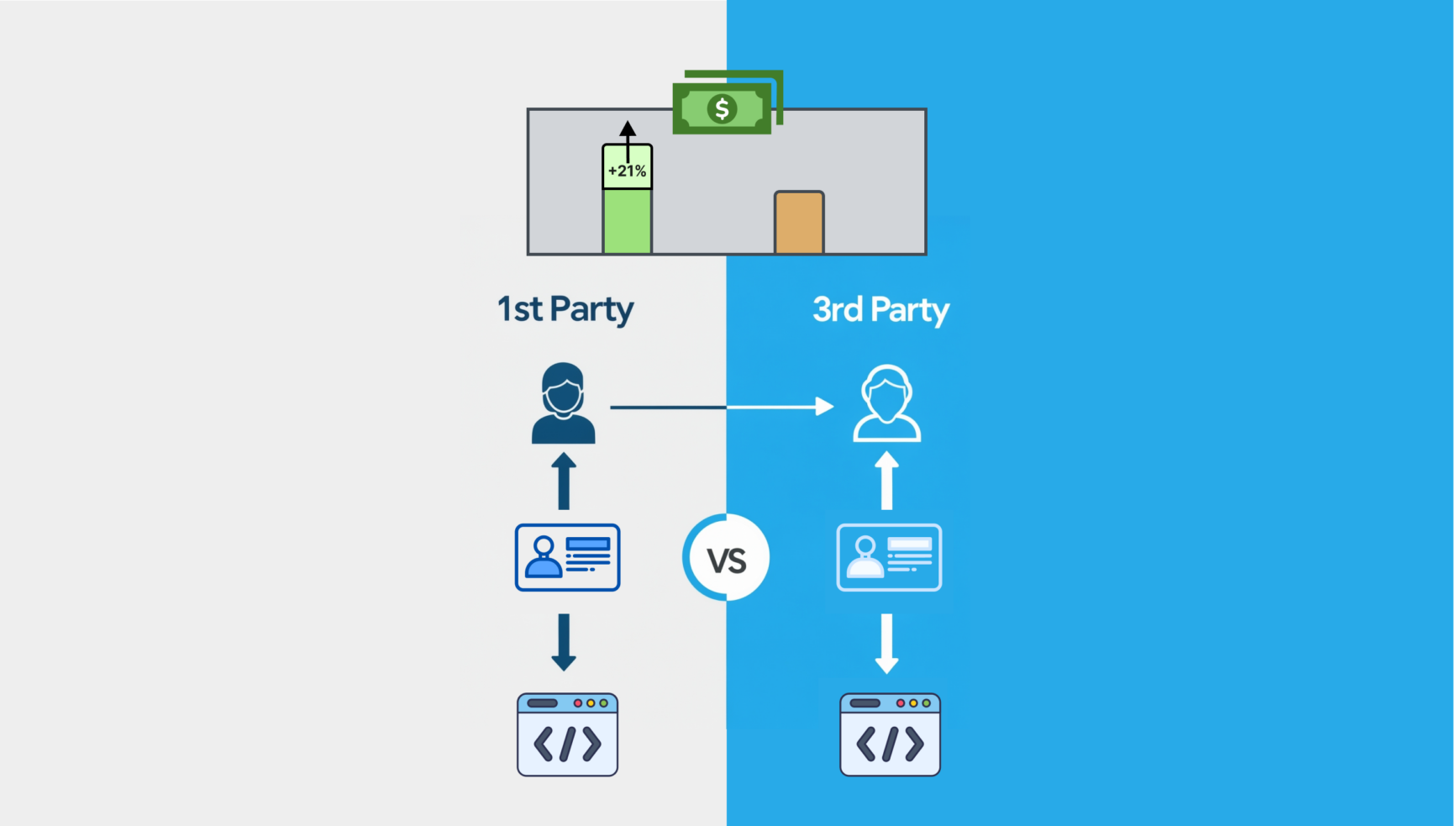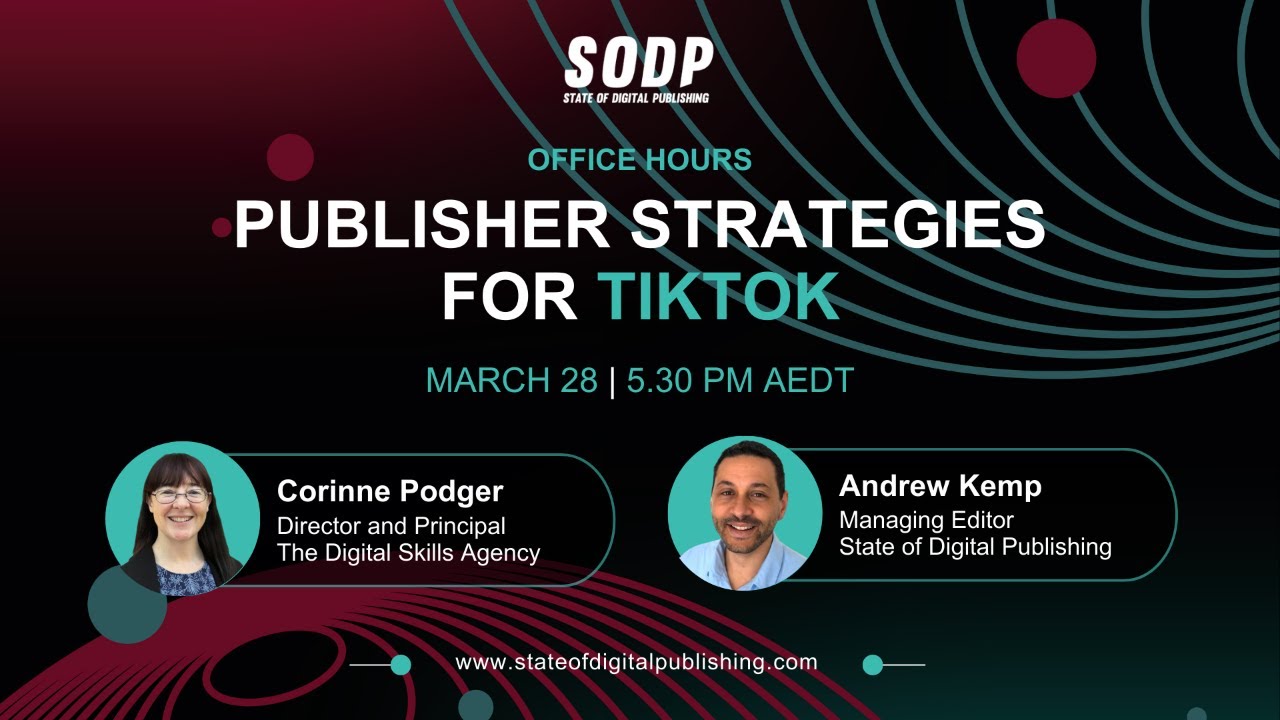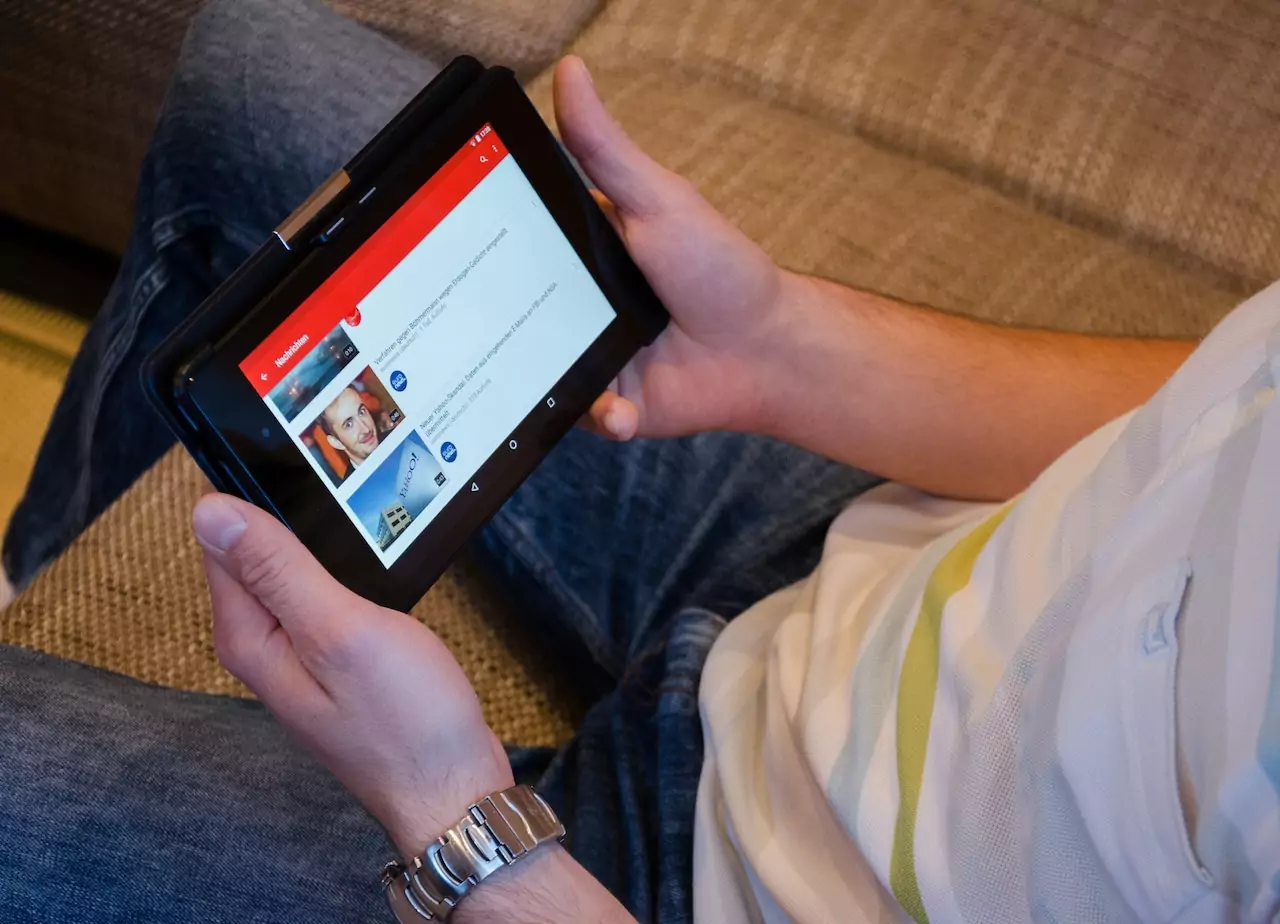Mark Glaser is the founder, publisher and executive editor of MediaShift and Idea Lab. entrepreneur, writer, editor, advisor, dad, singer, ridiculous-maker.
What led you to start working in digital/media publishing?
I’ve been a lifelong journalist and editor, and have been a freelancer for most of my career. At one point, I was writing a column for USC Annenberg’s Online Journalism Review in the early 2000s. In this writing, I covered the birth of blogging, podcasting and how bloggers were becoming trusted sources for information under repressive regimes in places like Iran and Egypt. This work was fascinating to me and led me to launch MediaShift with support and hosting from PBS, with a focus on digital media.
What does a typical day look like for you?
A typical day includes overseeing all the operations that happen at MediaShift. This includes making sure content is going up each weekday, taking a look at the copy, headlines and more. It also means looking at the email newsletters we send out each day and the social media promotions. We also have a Content Studio, so I help run that, currently with an audio project for Philanthropy University, helping them convert video courses into audio podcasts. And we also run weekly online training, so I check to make sure these are being launched and promoted regularly. I also host and write our weekly MediaShift podcast, which is currently on summer hiatus but will be back in August. We do a weekly editorial check-in via email each week as we are a completely virtual company.
And I also help run our event production business, which includes two upcoming Weekend Hackathons at the University of North Texas on October and West Virginia University in November. There’s a lot to do, and never dull moment!
What’s your work setup look like?
My work setup is pretty basic, on a large iMac, using Google Docs a lot, as well as Gmail, Google Calendar, and GChat, and sometimes Skype. We use BigMarker for our online trainings. I use Zoho for sales and invoicing. I’m on social media a lot, including Twitter, Facebook, LinkedIn and sometimes Instagram.
What do you do or go to get inspired?
I’ve been trying to take one hour each week to study and consider one idea more closely, without being bothered by distractions, technology, etc. Typically I go to a library with a notepad and pen and just think about something in-depth. It’s also called a “Schultz Hour,” as outlined in this article. Also going out to conferences and media events inspires me by meeting new people, finding out how well MediaShift is doing, and sparking ideas for us to cover or new areas of our business.
What’s your favorite piece of writing or quote?
Don’t really have any favorites.
What is the passionate problem you are tackling at the moment?
The biggest problem I am tackling at the moment is the problem of smaller news publishers not getting enough attention from the larger tech platforms like Facebook, Google, Twitter, and Snapchat. I’ve been running private roundtables on this subject, with support from various media foundations and I think it’s making a difference. Our next project will be creating Peer Training Groups among the smaller publishers so they can help each other out.
Content from our partners
Is there a product, solution or tool that makes you think it is a good design for your digital publishing efforts?
Not that I’ve heard of. It’s typically a LOT of tools and products that help if you have the time, money and energy to learn them. We use tools like Google Analytics, Google DoubleClick for Publishers, Buffer (for social media), WordPress (for publishing) and others, but it’s hard to find just one to solve all our problems.
Any advice for ambitious digital publishing and media professionals just starting out?
It’s a great time to be starting out in digital publishing because there’s a need for smart people who really know their stuff, who are willing to experiment and try new things. Not only can you catch on with digital publishers, including for-profit and non-profit, but you can also launch your own publication or content house without too much investment needed. It comes down to time and passion. If you have a deep passion for a subject or idea, then you can go right ahead and launch a site, a podcast, a social feed or group and get it done.












